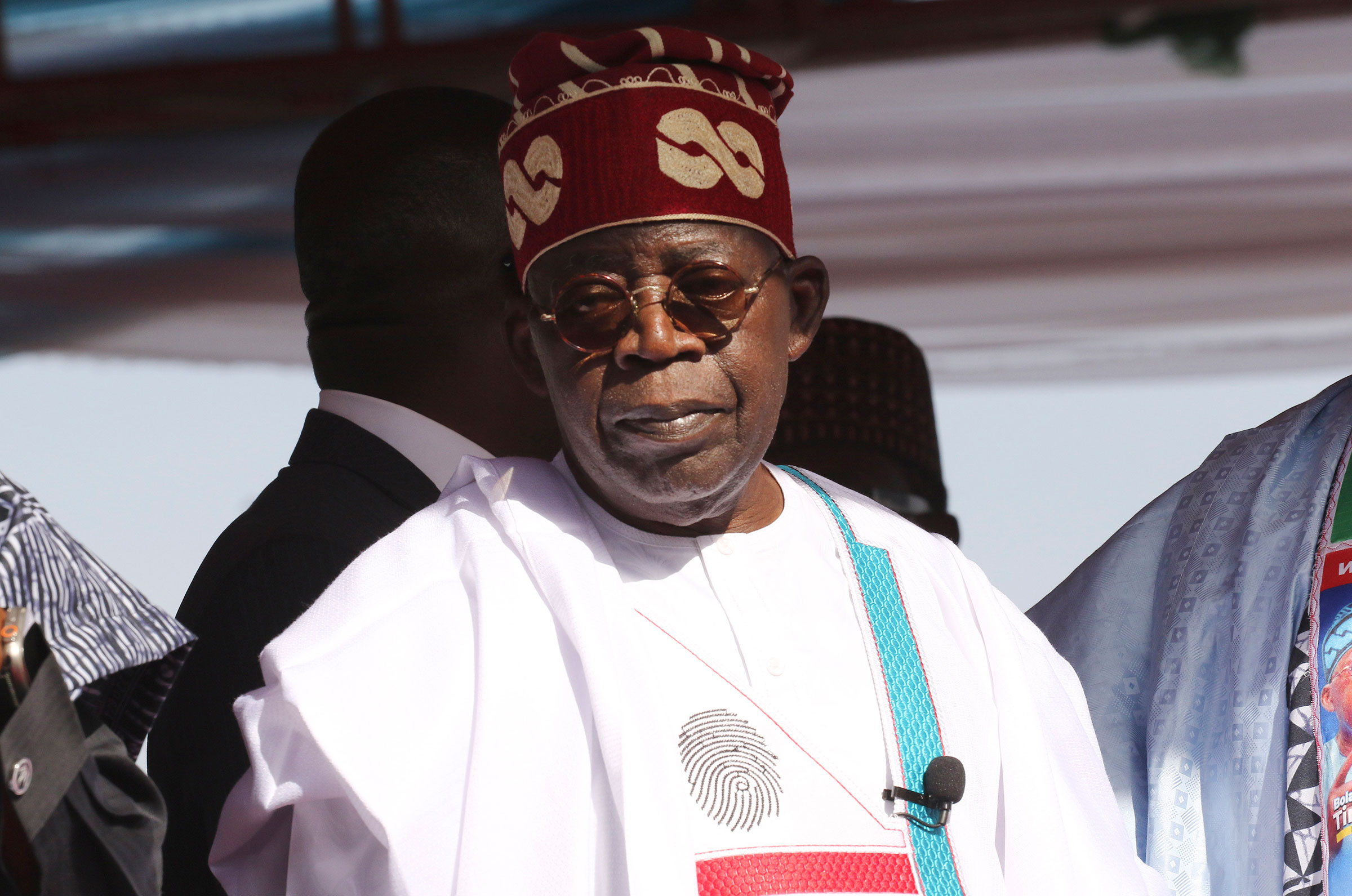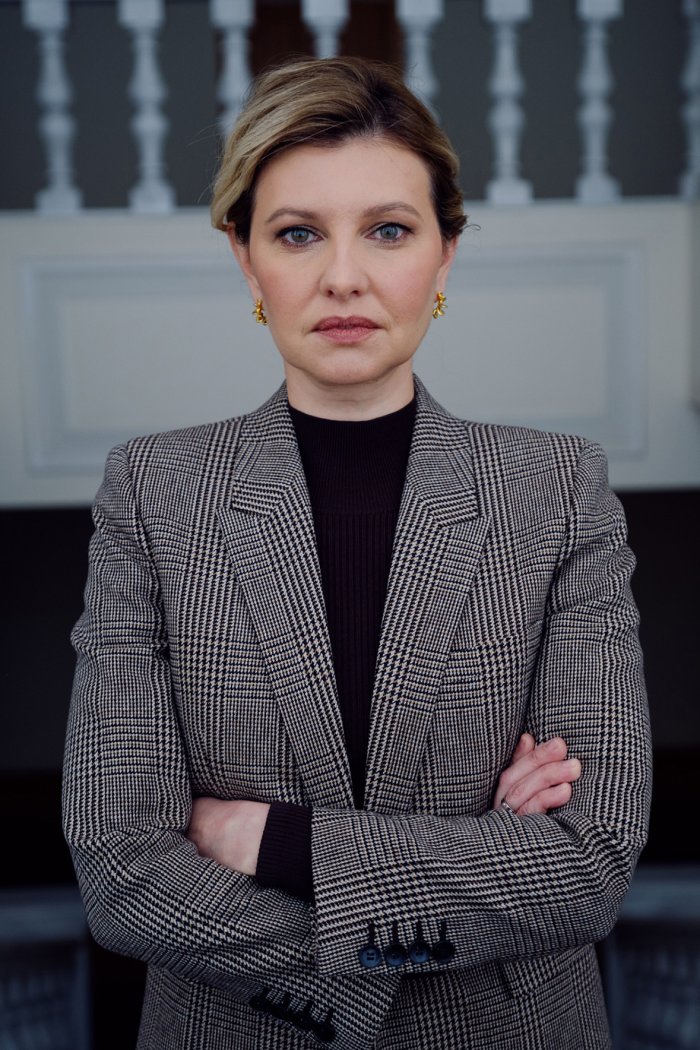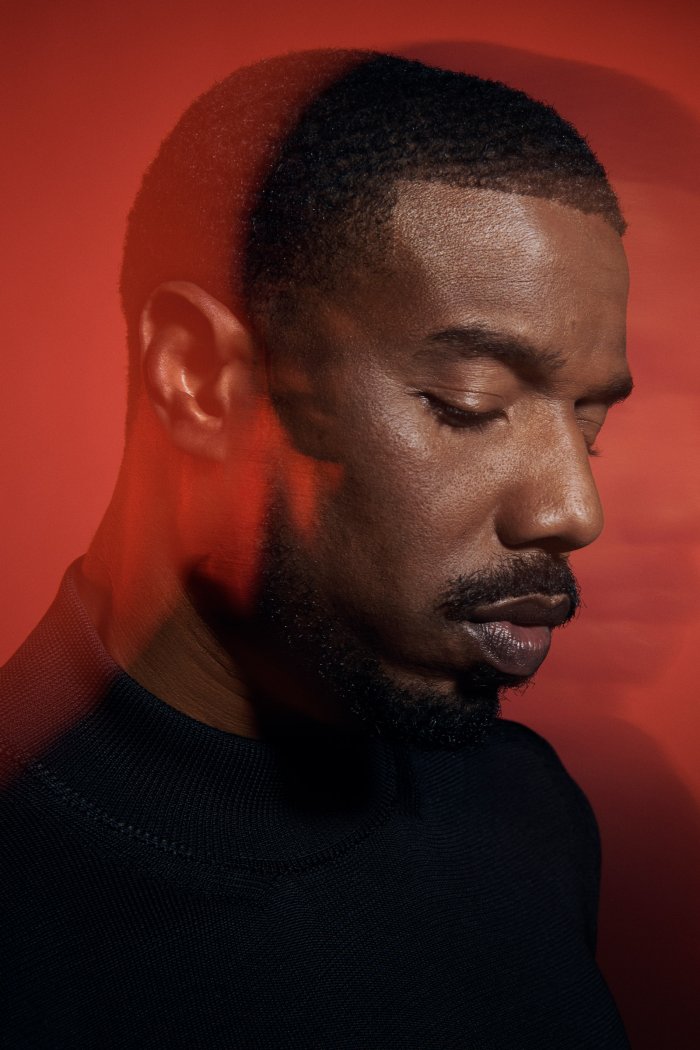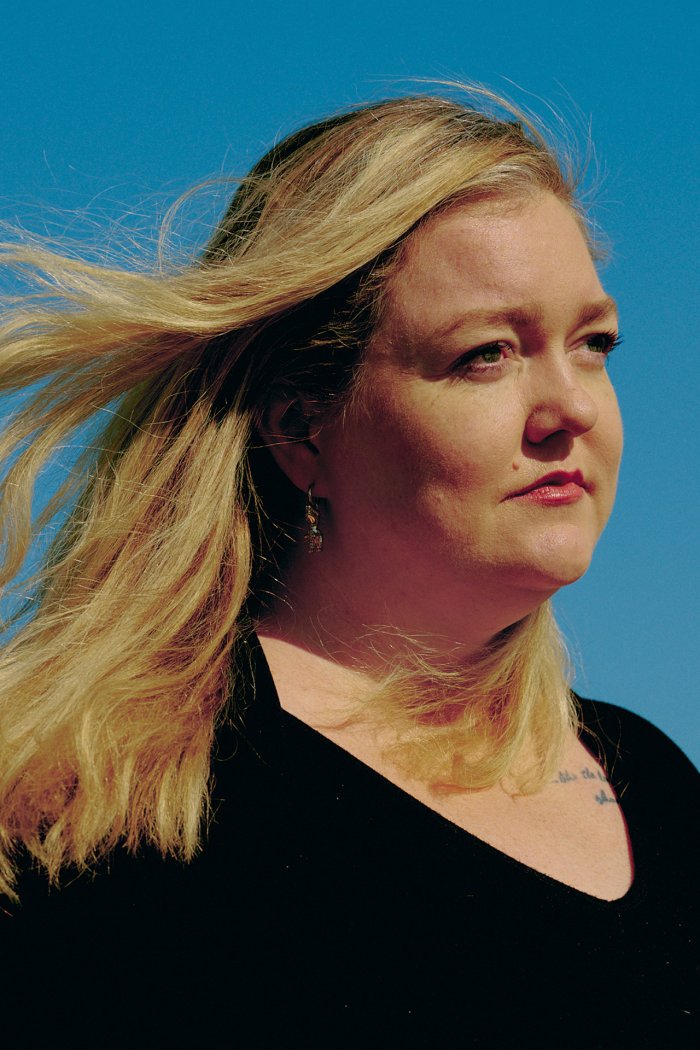Winning an election in Africa’s most populous country is no easy feat. But Nigeria’s newly elected President Bola Ahmed Tinubu has had nearly two decades to prepare. Called Jagaban, or “leader of the warriors,” by his supporters, the now 71-year-old ran in a presidential election for the first time this March. His campaign slogan, “It’s my turn,” was a nod to his role as a longtime political power broker. Tinubu helped restore the country’s democracy in 1999 after fighting military rule and then served two consecutive terms as governor of Lagos.
But Tinubu’s win with the ruling All Progressives Congress Party came in a fraught election and by a slim margin over Atiku Abubakar and Peter Obi. It was the first time Nigerian voters contended with a third-party candidate, and many discontented young Nigerians yearning for change pinned their hopes on Obi. Marred by allegations of intimidation and vote rigging, the outcome of the ballot is being challenged in court.
Tinubu now faces a litany of crises in a fractured nation, including deep-rooted corruption, religious insurgencies, and shortages of cash, fuel, and power in a crumbling economy. But the President-elect seems aware of his inheritance: “[Nigeria] is one country and we must build it together,” he said in his acceptance speech.
Rajvanshi is a TIME staff writer
- Cybersecurity Experts Are Sounding the Alarm on DOGE
- Meet the 2025 Women of the Year
- The Harsh Truth About Disability Inclusion
- Why Do More Young Adults Have Cancer?
- Colman Domingo Leads With Radical Love
- How to Get Better at Doing Things Alone
- Michelle Zauner Stares Down the Darkness





